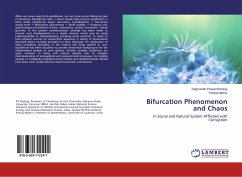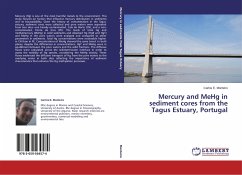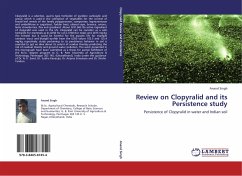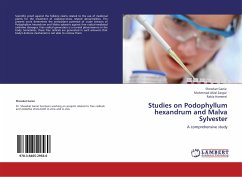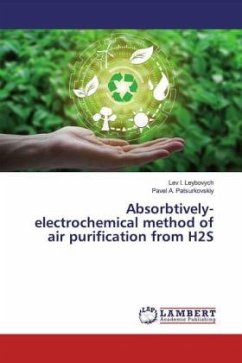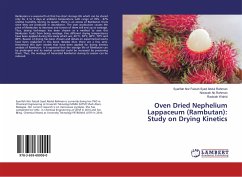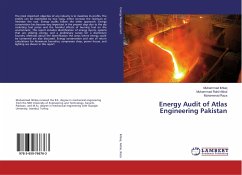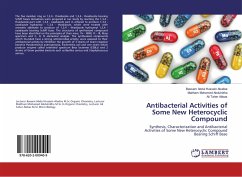When we move away from equilibrium, we can come across following type of situations, Equilibrium state Linear steady state close to equilibrium Meta stable equilibrium (super saturation, crystallization) Non-linear steady state Bifurcation phenomena Multi stability Temporal and spatio-temporal oscillations (Chaos, turbulence, pattern Formation, Fractal growth). In the present communication, attempt has been made to present such developments in a simple manner which may be easily understandable to mathematicians including social scientists. In order to have physical concept of cause-effect sequence in variety of phenomena discussed above Causality principle has been discussed. For application of ideas complexity prevailing in the natural and living systems in non-equilibrium has been discussed to provide theoretical background for the mathematical analysis of such systems. Periodic complex oscillations are quite common in living and natural systems due to complex interrelationshipof sociopolitical and socioeconomic processes. For stability analysis of complexity modified Lorentz Model and modified Rossler Model have been used. Computational results have been summarized.
